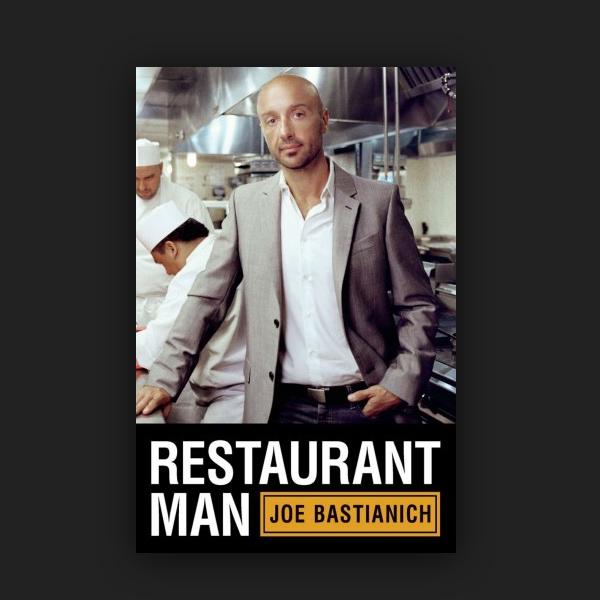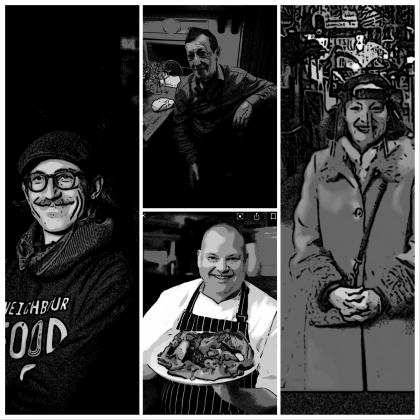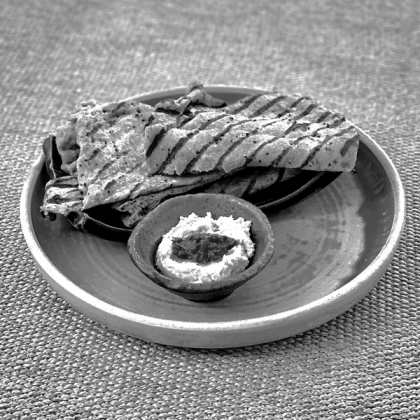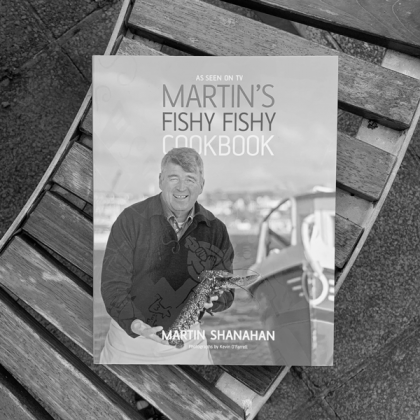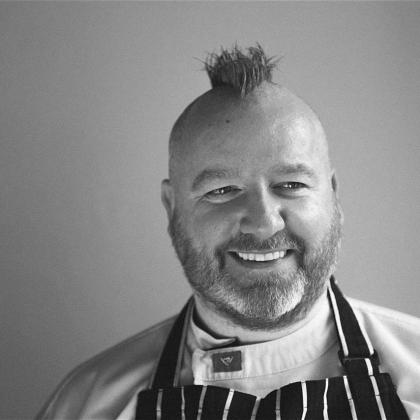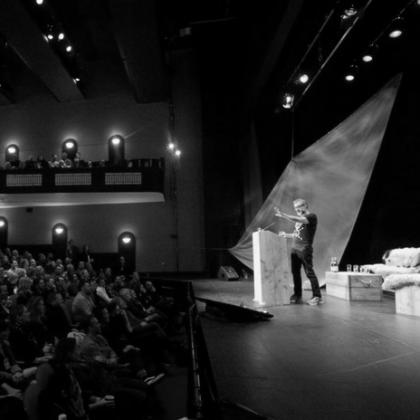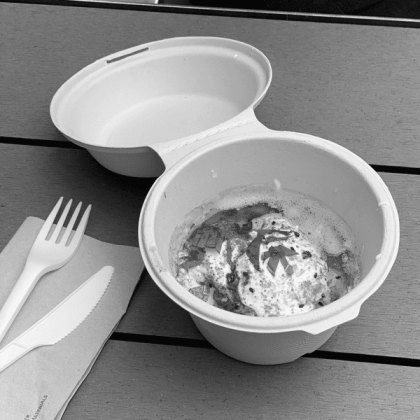I suspect Joe Bastianich, the wildly successful New York restaurateur who runs scores of restaurants throughout the world with his partner, the chef Mario Batali, is a great bloke to have a drink with.
A guy who literally built his very first restaurant – Becco – with a couple of his mates and his own hands, and whose biggest venture – Eataly, New York – entailed an investment of $27 million and returned revenues of $80 million in its first year of trading, is going to be a bloke with a lot of good stories.
And many of those stories are told in “Restaurant Man”, Bastianich’s book about his life as a restaurateur, and his life as the son of restaurateurs: his Mum, Lidia Bastianich, is herself a famous cook and television personality.
Joe tells the stories as if he is sitting at the bar in Esca, his fish restaurant, with a bottle or two of Barolo, hilarious, absurdly profane, preposterously indiscreet. As he disses another person whom he once worked with, or who once wrote about his restaurants, you both laugh and cringe.
And you ask why he felt the need to be so critical, and so abusive, when he is so successful? You can take the kid out of his folk’s red-sauce joint in Queens, it seems, but you can never take the red-sauce joint in Queens out of the kid. Bastianich reveals a level of self-consciousness, allied with a thin skin, that makes it all the more miraculous that he has succeeded in such an enormous fashion.
But the scurrilous parts of “Restaurant Man” are worth getting through, because Bastianich’s experience as a restaurateur means that there are pearls of wisdom dropped every few pages or so throughout the book:
“We’re in the business of taking people’s money, but we are not in the business of ripping people off. We’re in the business of exceeding expectations”
“Instead we’re figli d’arte as they say in Italian: “sons of art”. We pursued restaurants born of our trips and passions and experiences in Italy, and that has remained our MO – to interpret the authentic Italian experience and make it economically viable in the American restaurant market”
“One of the best things Lidia taught me is this: ‘Never make decisions on your best day, and never make decisions on your worst day. Make all your decisions on medium days’”
“Restaurant Man is in the entertainment business. Every night I put on a show. The meal is just the visible part of the iceberg”
The principal lesson Bastianich reveals can be summed up in one word: focus. He and Batali refine ideas until the ideas are bullet-proof, and then they open the doors.
When the focus is wrong – they once opened a French bistro! – then failure is almost guaranteed. And they keep their eyes on the long-term prize, and not the short term whiff of success or fashionability or fast profitability.
So, expect to be shocked by the indiscretions in “Restaurant Man”. But expect to emerge from the book with a raft of ideas, ideas that Bastianich and Batali have proven will work in the restaurant game.

